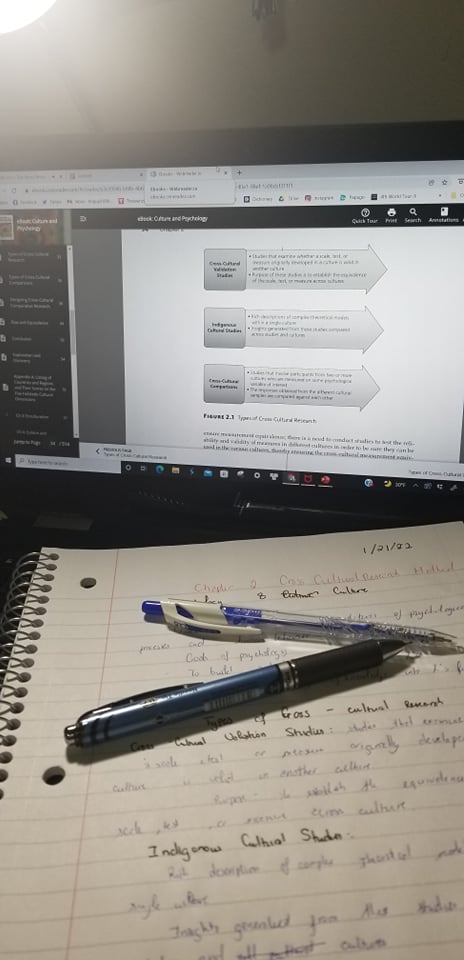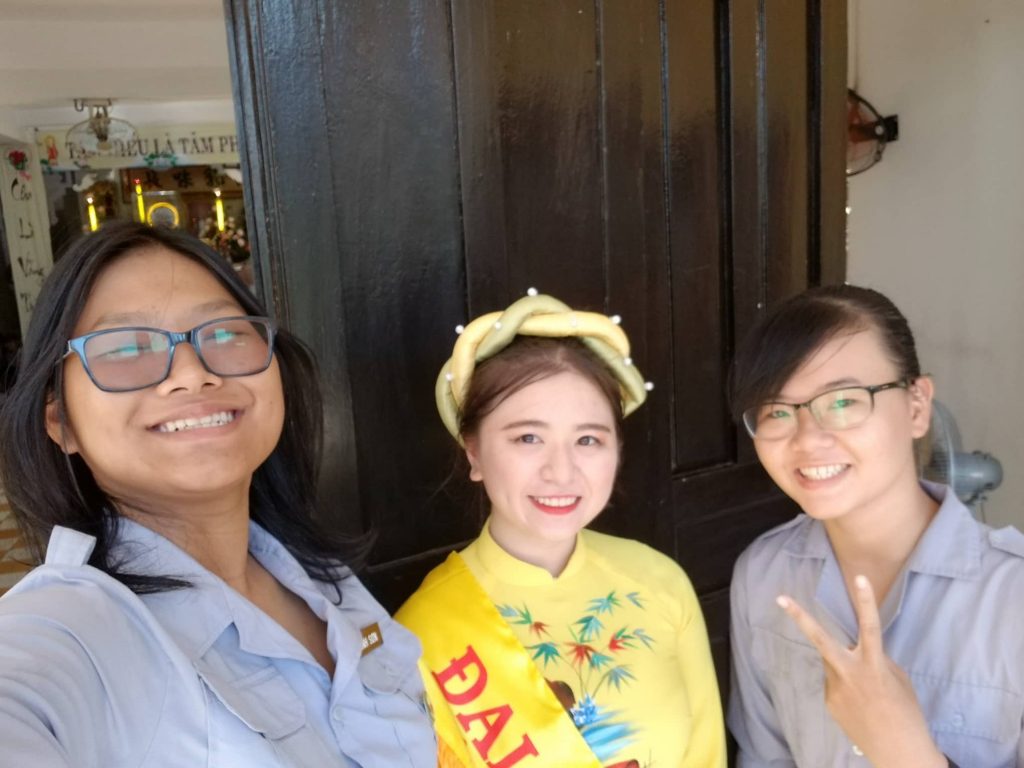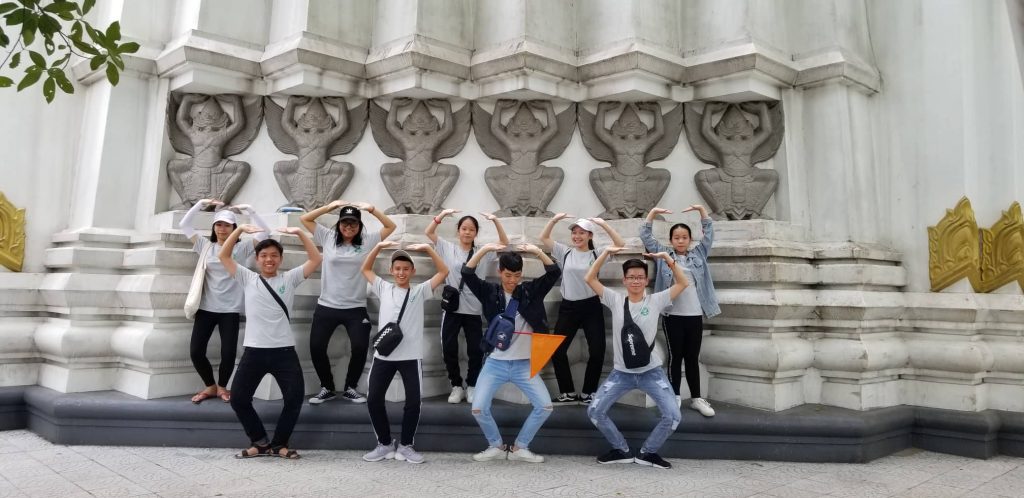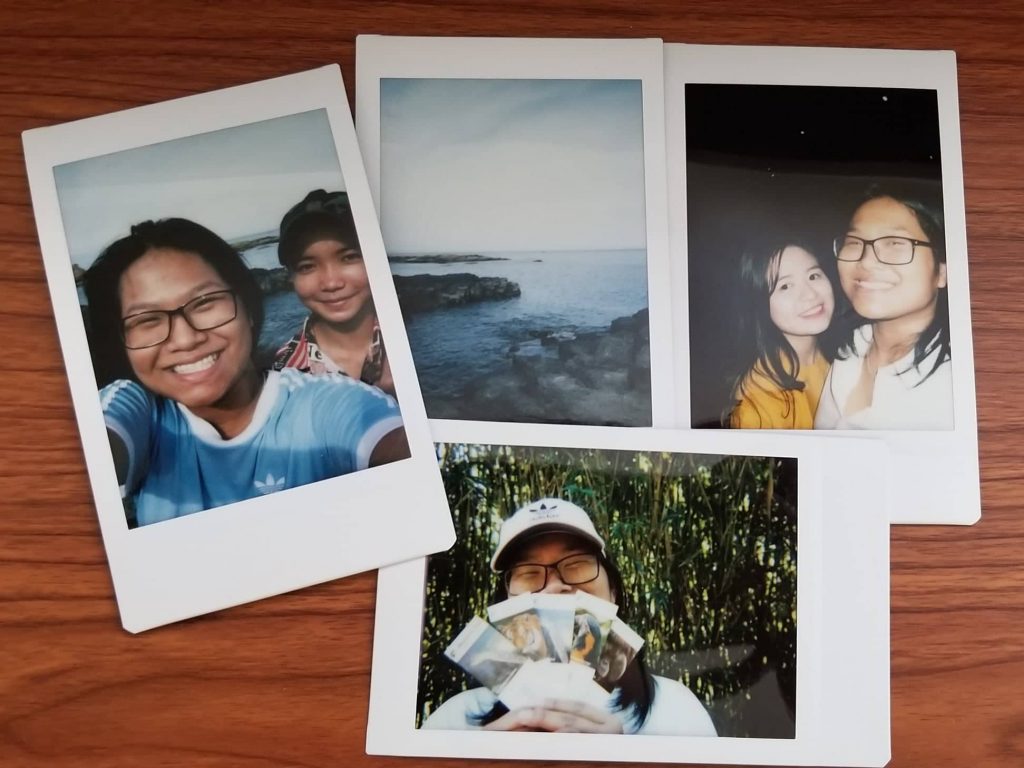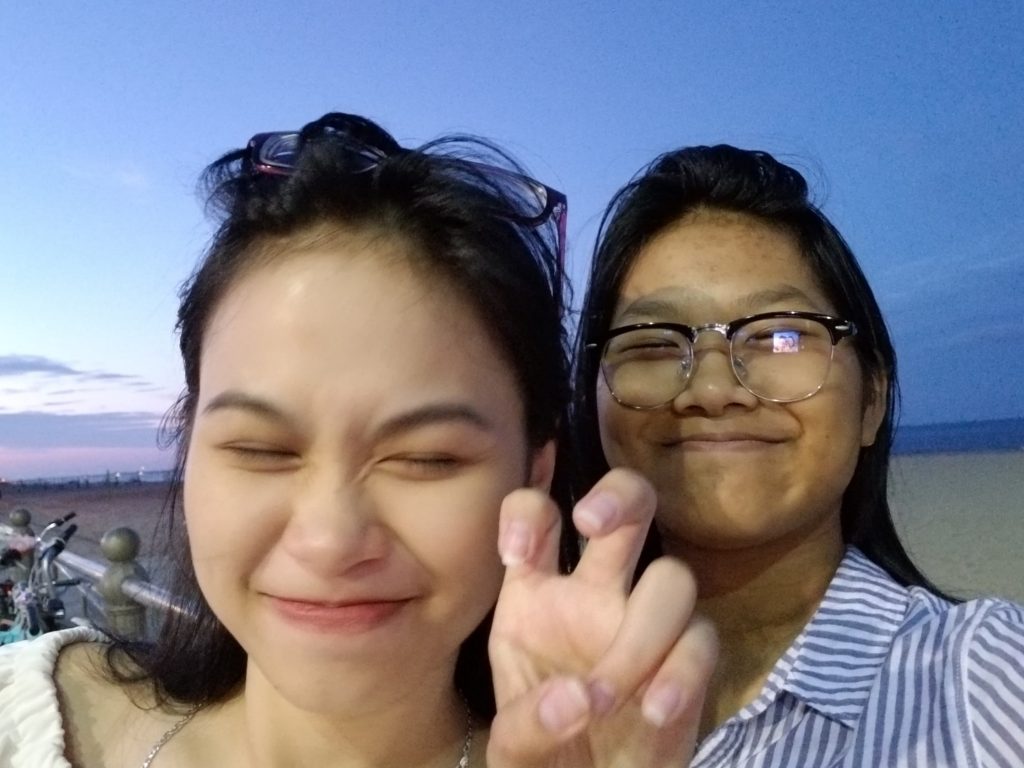BLOG 10
After reading my Blog 1 post, I realized how much I had grown in the past few months. From a former Sociology-major-student’s perspective, I was able to look at one’s actions and use sociological imagination to explain their actions, but now I am able to do so from a cultural-psychological perspective. Coincidentally, I made many friends from overseas this past few months through some of the conversational exchange programs, and I made some connections with them. Despite having many language exchange partners in previous years, I did not make any further connections or develop them into a friendship. But it is different this time, and I could help but wonder whether this class has allowed me to turn a one-time interaction into a friendship. This is a concrete example of how I have strengthened my cultural competence skills. I enjoyed the course a lot, so I do not think that I have any regrets regardings my performance in the class. But I have to admit that after Exam 2, I was behind most of my class, so I did not have much chance to fully sit down and read the material from the textbook carefully. I did not time enough time to take notes as carefully and detailed as I usually do with this class, so I think I would manage time better if I retake the class. I did not move to a different stage of the cultural sensitivity model since I was already at an integration stage when I began; however, I think this class allowed me to fully understand more about those around me and unlock my potential that I don’t know I have.

BLOG 9
If I had to pick the top 3 things I learned from the course and how they reflected in my ePortfolio content, I think it could be summarized in three words: embrace, awareness, and growth. The first keyword is embrace, which means I learned to embrace my cultural identity. The first two Assignment Takeaway, Item to Archive posts, and a few of my blogs strongly reflect the idea of cultural identity. In one of my posts, I mentioned that I used to reject my own cultural identity, but now I am on a long journey to embrace it. Many of these posts let me reveal more about the Vietnamese culture, ideology, and even the national costume, which I felt very proud of my heritage and made me want to introduce them to others more. Secondly, the idea of awareness about how unique each culture is and how it influences its members. Item to Archive 2 post did an excellent job when I learned how my perspective differs from my Mexican American coworker. The third thing I learned more is about myself and how cultural factors influence my personal identity. It was quite interesting to discover how they influenced each other, and I was genuinely surprised. I think they promote my inner self-growth, which I did not expect much.
A concept that has been applied across areas within the course is the concept of enculturation, which was used in Assignment takeaway two and Blog 2. They both talked about my values, which subtly reflect my enculturation process—values reflecting how I learned about each culture and adapted to them. The concept of gender roles and gender expectations was applied in blog 7 when I talked about how Disney movies influence young audiences. The same concept I also applied in my Social Inequality course and how it affects American women. They are expected to fulfill their housekeeping roles, not as the primary breadwinner like men. It made me realize that different societies have similar expectations for women, which create an invisible weight on their shoulders.

BLOG 8
I agree that Americans have a louder facial expression than the Japanese. I have been studying Japanese for six years, and I have noticed the difference in the classroom settings. For example, there was one occasion that one of my classmates told my Japanese teacher shocking news about my previous classmate. While my American friends showed emotion with eyes and mouths wide open, my teacher showed a surprised and shocked expression through her eyes. It is definitely more subtle compared, which made me curious whether it could just be my Japanese teacher with a less exaggerated facial expression. I also noticed the same subtleness in my Japanese teachers at ODU, which helped me realize the difference between the two groups.
Compared to the Vietnamese, they show similar subtle emotions just like the Japanese, which makes me more focused on their eyes whenever I talk to them. However, they do not mask their feelings compared to the Japanese. I also noticed that I pay more attention to the mouth regions when I talk to my American friends, just like the reading suggested. It surprises me how I switch my focus whenever I speak to different groups. Even though they are slightly different when it comes to extreme emotions/ expressions, some universal expressions remain the same across the three groups. I think their eyes convey the emotions more than the mouth regions, or I could be biased.
The reason why I chose this picture is how the emotion is hidden behind her hands, but her eyes convey the emotion so well. I also adore this picture because when I first saw this, it reminds me of my grandma. Photographer Rehahn did a great job with his Hidden Smile in Vietnam collection, and I want to share his works with everyone. https://www.rehahnphotographer.com/hidden-smile-vietnam/

The Hidden Smile by : Rehahn Photography
BLOG 7
I think fairy tales reflect ‘a shared set of cultural norms and values’, and it plays a huge role in socialization in young audiences. For example, Snow Whites and Seven Dwarfs reflect unhealthy gender roles in society, which I think model the cultural norms and values. For example, there is a scene when Snow White enters the Seven Dwarfs’ house; the first thing she noticed was how messy the house was. Then she cleaned their house, reflecting women’s role in society as home keepers. While the Seven Dwarfs assume their gender roles as men, they can be messy or do the more ‘labor-intensive’ job. Because most cultures still enforce the cultural norms and values to the young kids, especially when they start to socialize, they could understand from a young age through fairy tales. But if we change the narrative and have more egalitarian roles in fairy tales, these young audiences will view it differently from previous generations. They will understand that we are unique individuals, and one does not have to rely on the opposite sex for food, shelter, or security. They will become the most independent individuals and promote social changes in our society.
I think Mulan, from Disney’s Mulan, has had the most positive influence on me. I think the reason is that I don’t like to be told that I could not do this just because I am a girl. I will prove them wrong and proudly say a girl could do whatever the boy could. Especially in Vietnam, the oldest son of a family is expected to have a boy to carry on the family’s last name, and my dad is the oldest son. However, my dad has two girls, which my grandma would say not-so-nice-things about my sister and me. So a part of me wants to prove that I can make my family proud, just like other boy cousins. And the other part is I do not simply believe a kiss from a true love will help override the curse or restore one’s voice. Hopeless romances may still exist with my grandparents and parents, but not so much in our society nowadays.
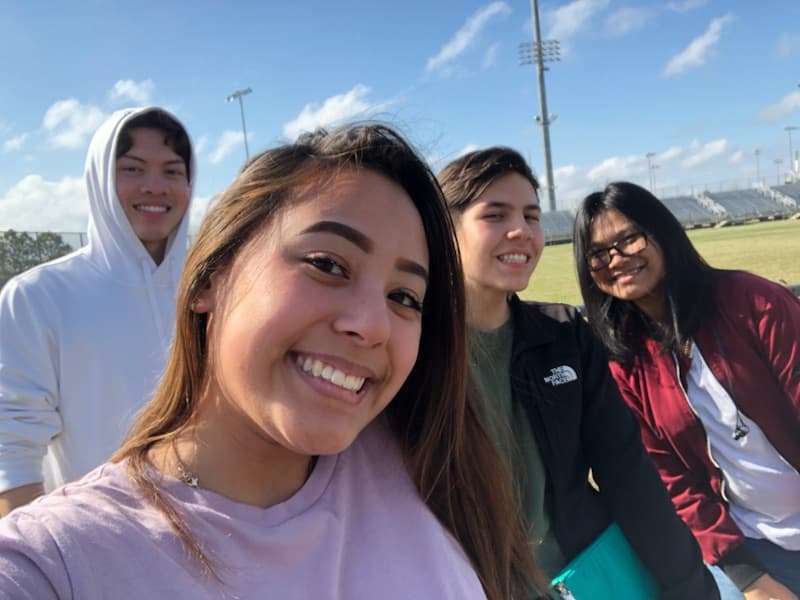
BLOG 6
After reading more about Self-determination Theory, I am more aware of my autonomy, competence, and relativeness needs. First, autonomy need is the need to control one’s behaviors and density. And I think I can fulfill my autonomy need academically pretty well. At the end of the semester, I often reflect on my own to assess my strengths and weaknesses, then develop a plan for the upcoming semester. I always seem like I have a plan for everything, but I also consider other factors that could affect my plan and switch it up a little bit. The plan serves as a way for me to control my academic performance. I always set up some goals along the road because I need some assurance that I am on the right track. I love how I become more aware of specific issues that make me feel like I reach the top of Mount Everest.
This also leads to the second need, the competence need. Competence need is fulfilled when one feels comfortable interacting within their environment or has the skills to succeed in their environment. I learned many skills with me during my years at ODU, and it makes me comfortable blending in with others at ODU. Many of my classmates are the brightest individuals I have ever known, and they all taught me something. What they have taught me is valuable, and I think they made the transition from high school to university smoother, and I felt like I had found my support system. Besides life lessons from them, I also learn different skills through my classes. For example, I did not expect to learn video editing skills from a Japanese Speaking-Listening Competence class or animation skills from a Japanese Kanji class. I successfully applied these skills for my three-minute-long PSA video and showed it to Dean Metzger.
Last but not least, relatedness needs are the need to interact, connect, and care about others. I have mentioned that I found my support system at ODU, making every moment I spend at ODU worth it. Especially with the Japanese minors program, we do not have many students compared to other majors/ minors because many gave up after Japanese 111 and 212. But what made it special is that since we are such small groups, more than half of the class from the previous semester takes the same class this semester. So we could form a deeper connection than any other group of students possibly could. So they fulfill my relatedness need, and I also hope that I also fulfill their needs.
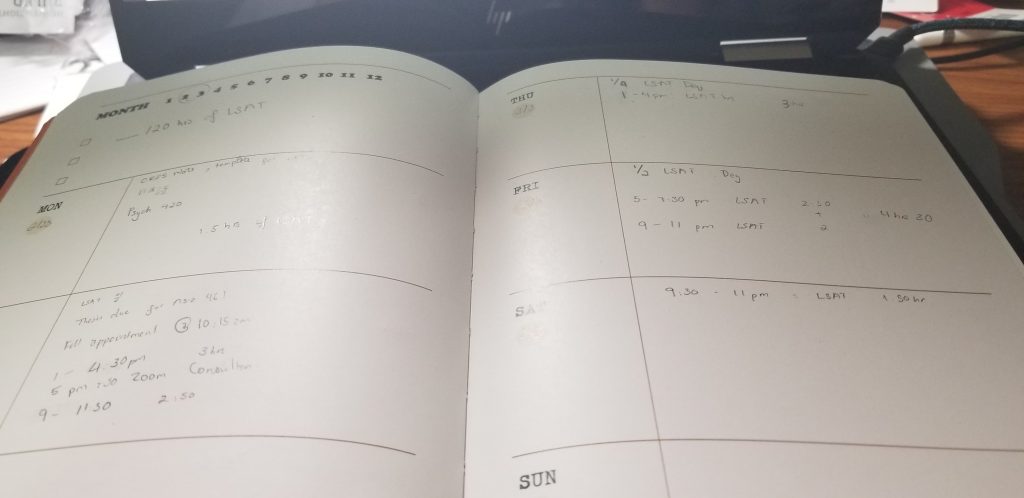
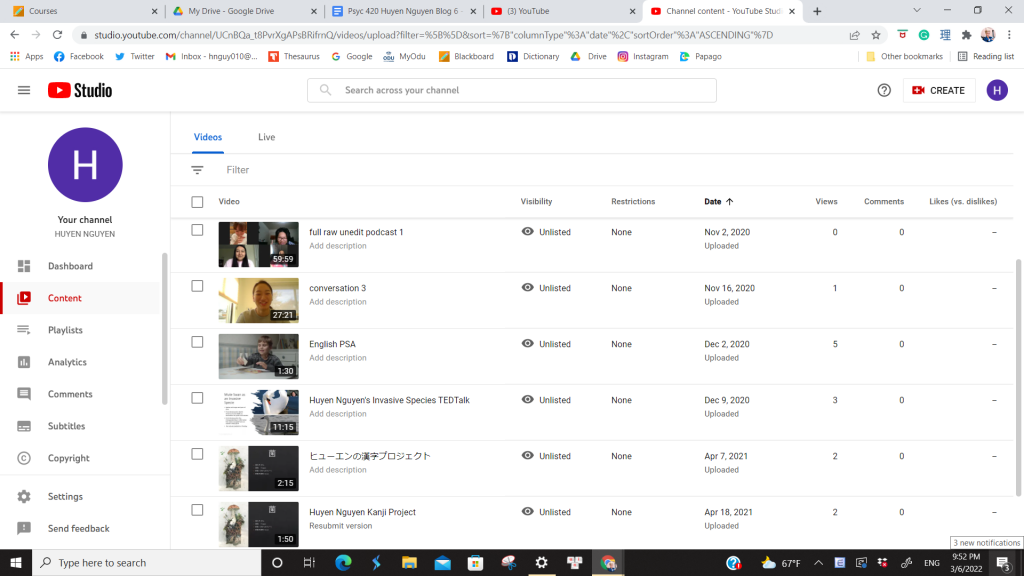
BLOG 5
The statements associated with the dimension of “independent construal of self” are 3,4,8, and 9. While statement numbers 1,2,5,6,7, and 10 are related to the dimension of “interdependent construal of self.” I think I am more interdependent with six statements associated with “interdependent construal of self”; therefore, I am more interdependent. Several factors make me more interdependent because I was raised in two polar opposite cultures. The first half of my life was raised in a culture that emphasized a group’s identity, while the other half was raised in a culture that promotes self’s identity. In these “interdependent construal of self” statements, I have mentioned more about my group memberships, my role at a club, or my interpersonal relationship with others. The difference between the two dimensions was not pronounced, so I thought I was on the right track to discover my identity and play my assigned role within society. Unfortunately, I do not know a lot of English proverbs, but I think the two proverbs used as examples capture the meaning really well. But if I have to think about the two proverbs, I think the proverb about “independent self” will be easier to understand because it emphasizes more about oneself. There are certain words that people associate themselves with, but they do not necessarily like them. It is easier if they talk about themselves because it is a part of them, and they embrace it.
BLOG 4
I actually did better than I expected for this test, and I am pretty confident about the strategies I implemented from the beginning of the semester. For both of the questions I missed, I misread the questions. When I revisited these two questions, I was a little upset because I was very confident with my answers. But I think it could be a valuable lesson for me to pay more attention and read the questions more carefully for the upcoming exams. Even though I read over the announcement about the review sheet for Exam 1, I totally forgot about it. I learned the hard way and spent a lot of time going through my notes. I will utilize the review sheet for the upcoming tests because it is more efficient and less time-consuming. The feedback was helpful because I could go back and tighten up some holes. Some of my professors talked about reviewing the questions that I missed for the exams, but they never actually let me revisit the exam and take a look, so I did not learn anything from my mistakes. I noticed that I always missed the same questions before, so this strategy is essential for me.

BLOG 3
I remembered that I took the NEO Test for my AP Psychology class back in my senior year. I could not find my old result since it would be fantastic to compare the two data. Before taking the test, I already knew I would score low on Extraversion. Whenever I took a personality test, I was introverted, and I even got 97 percent introversion on my MTBI. So the result on the extraversion dimension turned out to be expected. I got 17 on this, and this is the lowest score compared to other dimensions. I also was not surprised by my Neuroticism score since I am a sensitive person; I scored 33 on this dimension. I score around 20 on my Openness, but I agree with the explanation. However, Agreeableness and Conscientiousness were the two dimensions in that I found a lot of consistencies. I am detail-oriented, punctual, and always have plans for everything. So when I scored low on Conscientiousness, I was shocked and confused for a second because it did sound like me. On Agreeableness, I think it would fall around the average. Those surrounding me said I am an honest and considerate person, and I hate confrontations and being hostile toward others. I am the one often making compromises between two parties. Especially, scoring low on Agreeableness, I think it contradicts my MTBI result (INFP-T or Mediator). I always seek to know about others, being someone they can trust and heal them emotionally. But I have to agree with the fact that I am very competitive.
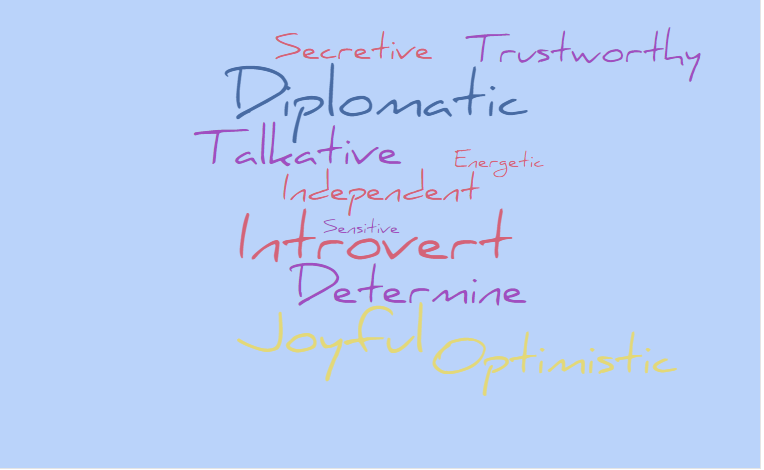
BLOG 2
Some of the important values to me are dignity, justice, perseverance, and dedication. I found out that I adore these values that my parents had taught me at a very early age. As I later pursue a career in law, I want to be a lawyer with dignity and respect, and I do not do anything that will go against morals or societal norms. I also seek justice and fairness, restore justice for the poor, and give them faith in a fair system. The road to becoming a lawyer is not easy because it requires a lot of dedication and perseverance. There will always be big obstacles that stop me from achieving my dream, and I have already been trained to overcome these obstacles. Whether it was language barriers culture shocks, I continue to thrive above and beyond. My parents always taught told me to give all my best and dedicate myself till the very last because I will see my rewards at the end.
My parents decided to move to the U.S because they think the U.S will give me the “American dream” that everyone is talking about. They see higher education as a pathway for reaching my dream, so they are very supportive. So does my sister; she motivates me to continue my education and reminds me why I work so hard whenever I feel down. Despite being very supportive about higher education, my parents were not very supportive when I told them I wanted to be a lawyer. They told me to pick another career or pursue medical school like my sister because lawyers manipulate their words to win on the court. “As a Buddhist, I should not lie or distort the truth to make money,” they said. This also explains why I said in the beginning that I would not go against my morals, the Buddhist philosophies they taught me. As for me, I viewed higher education as a way to reach my dreams and make my parents proud of me. I know they have been working very hard, and when I have a stable career, I will take care of them.

This picture was taken on my high school graduation back in 2019.
BLOG 1
Even though I may sound generic when I say this course provides many valuable skills, I truly mean it. Since I do not want to stay in the US for graduate school, good intercultural competence will help me make friends in different countries. Cultural factors strongly influence how people behave, and without acknowledgment of the cultural differences, one will have a difficult time making the country feel like home. The United States is also very diverse, so I can apply this skill to create more connections for future employment after law school. It also pushes me to an advantage point since I can connect with people at a deeper level, which is necessary to become a lawyer. As for the course, I do not have many expectations since I already know I will enjoy the course. Cross-cultural Psychology is an upper-level course, so there would be a heavier course load and assignments than the lower-level course. It will be a course full of lengthy reading assignments and critical thinking assignments to enhance the knowledge I learn along the way. I hope to gain from this course a richer understanding of psychology and the skills mentioned in the syllabus. If I did not gain any skills the syllabus mentioned, it would be such a waste of time and money. The strategies I plan to implement are handwritten notes and effective time management. I found out that I remember information for long periods if I handwrote it, and I do not need to come back to study the material anymore. Time management is also something that I will apply for this course since it is an everything-due-on-Sunday course. I will knock out all of the assignments in the first half of the week and upload them on Sunday.
